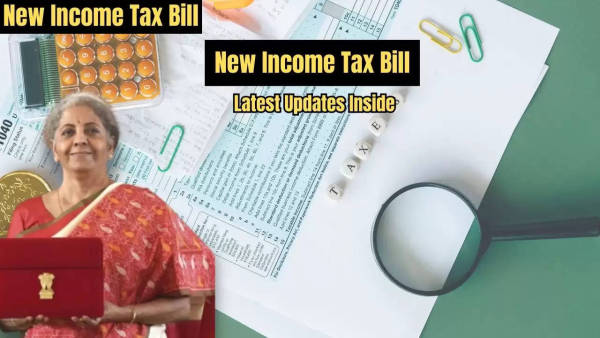
The New Income Tax Bill, a significant reform initiative announced by Union Finance Minister Nirmala Sitharaman during her budget speech, has generated widespread anticipation. According to NDTV sources, the draft bill is expected to be released on February 6, 2025, marking a pivotal step toward simplifying and modernizing India’s tax system.
The new bill aims to overhaul the current Income Tax Act, which currently spans over 6 lakh words, by reducing it by nearly 3 lakh words. This significant reduction indicates a move toward a clearer, more concise, and user-friendly tax law.
Expanding the Tax Base:
Simplifying Compliance:
Encouraging Ease of Doing Business:
The draft is expected to incorporate reforms introduced in the Union Budget 2025 and additional measures to streamline tax administration:
TDS and TCS Reforms:
Updated Tax Returns:
Senior Citizens' Benefits:
Litigation Management:
Officials have clarified that:
To ensure inclusivity, the draft bill will likely be shared with the public and stakeholders for feedback. According to officials, “All suggestions will be considered before finalizing the bill,” underscoring the government’s commitment to transparency. The final implementation may take some time, as the bill will undergo scrutiny by the standing committee before being presented to Parliament.
The new Income Tax Bill is a step toward:
This reform aligns with the government’s vision of transforming India’s tax administration into a more modern, efficient, and taxpayer-friendly system.
With February 6 around the corner, the draft bill is expected to shed light on India’s future tax policy, offering clarity to both individuals and businesses. Stay tuned for updates on the New Income Tax Bill and its potential impact on taxpayers.